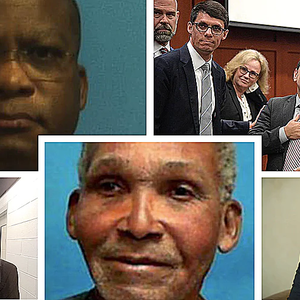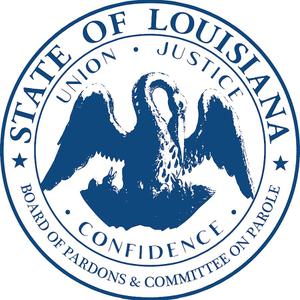Last year, prosecutors in two neighboring Arizona counties, Pima and Maricopa, sought the death penalty at dramatically different rates, a fact that has many questioning the arbitrary nature of the state’s death penalty. Though just five years ago it had the highest rate of death penalty cases in the nation, Pima County now ranks among the lowest. County Attorney Barbara LaWall sought the death penalty for 1 of 65 accused murderers last year, but in bordering Maricopa County, 44 of 89 1st-degree murder defendants faced the death penalty. The discrepency “can’t be justified in any demographic way,” according to Larry Hammond, a Phoenix attorney who served on an American Bar Association assessment team that recently issued a report Arizona’s capital punishment laws.
When deciding whether to seek a capital conviction, LaWall and Maricopa County Attorney Andrew Thomas each consider the recommendation of a panel of senior prosecutors, but both retain final veto power. “We don’t go in on every case and ask for the maximum. It’s not a knee-jerk reaction,” said Pima County’s chief trial counsel, Rick Unklesbay.
After its review of Arizona’s death penalty, the ABA recommended that the state address its proportionality problems by modifying its death penalty laws. The group urged the state to filter all 1st degree murder cases through the Arizona attorney general or some other outside entity that could decide who should be eligible for the death penalty.
(Arizona Daily Star, May 20, 2007). See Arbitrariness.
Arbitrariness
Sep 13, 2023

When Jurors Do Not Agree, Should a Death Sentence Be Imposed?
Arbitrariness
Jul 28, 2023



